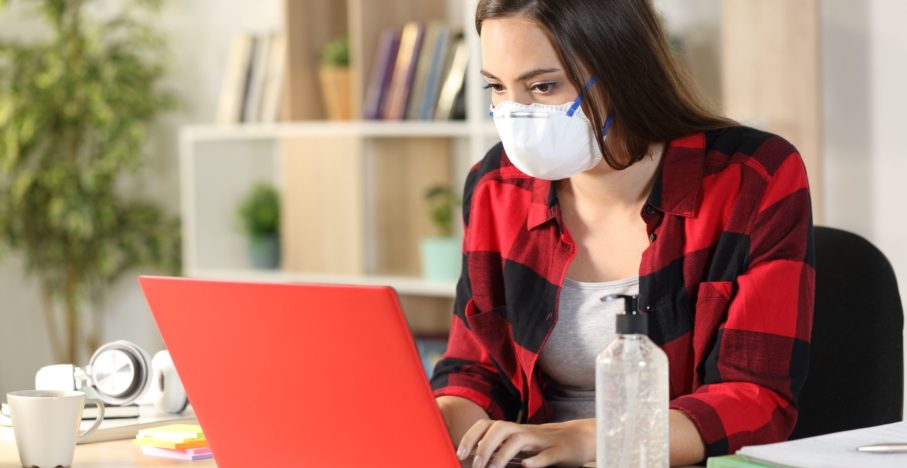Student Apartments and the Pandemic

Student Apartments and the Pandemic
With so many students and families worried about the safety of dorms amid COVID-19, more and more are considering off-campus apartments as a safer alternative to college housing. Off-campus living and student apartments have also seen their share of changes, however, and they come with different concerns. Tenant-landlord relationships can be difficult during the best of times; what do they look like during COVID-19? Experienced student-rights attorney Andrew T. Miltenberg, Esq., hints at what to expect and how to stay healthy in student apartments.
What Are Landlords Doing?
The first question most people will ask about off-campus housing is about what landlords are doing to keep tenants safe. According to Miltenberg, it depends on several factors. For example, private housing companies currently aren’t required to take specific actions to protect tenants. But even if they aren’t required, many companies are still doing what they can to improve everyone’s safety.
If you’re shopping for off-campus housing, ask what steps landlords are taking during COVID-19 to keep buildings and premises infection-free. Though every policy will be different, a few things your landlord might do to make student apartments safer could include:
- Limiting the hours of on-site offices and installing partitions to reduce contact
- Closing property amenities, including convenience shops, cafes, gyms, and pools
- Changing mail delivery protocols to limit contact
- Replacing in-person open houses with virtual tours and online marketing
- Enforcing the use of masks and gloves by maintenance staff
- Engaging in constant cleaning practices in common areas, hallways, and stairways
- Suspending non-essential maintenance services
- Canceling special events, like block parties and barbeques
If you get sick, you can expect your landlord to be held no more or less responsible than they would be for any other issue, like a robbery or fire. But if your illness did result from a landlord’s mismanagement, you may have a right to sue.
Best Practices for Tenants
While your landlord may do what they can to keep you safe, you’ll still be held responsible for your own actions and apartment. Social distancing and shelter-in-place practices apply just as much to off-campus apartment living as they would on-campus or anywhere else.
“Staying healthy might become easier if you look for single-room apartments,” Miltenberg suggests. “Shared spaces are much more difficult to keep infection-free, but a one-room apartment comes with the peace of mind that you won’t be put at risk by a roommate’s careless choices.”
Larger buildings may have common areas that require their own specific COVID-19 regulations. In these cases, limit how much you use these areas and try your best to keep them clean and free of litter that could be a vector for infection.
Finally, if your landlord has requested any specific practices from tenants, it’s best to follow those instructions as well as you can. Work with your landlord to make sure everyone’s safe. This might mean learning how to do basic repairs to limit your contact with maintenance people or allowing more time for your questions and complaints to be processed by offices with reduced hours. In general, just remember that this is a difficult time for everyone, and patience and cooperation may make things easier.
Know Who to Call
Tenant-landlord relationships always have the potential for being tenuous, especially during uncertain times like these. If you’re worried about your landlord’s management of your apartment, remember your options. You can contact an experienced lawyer, like Andrew T. Miltenberg, Esq., of Nesenoff & Miltenberg, LLP, to learn more about your rights and seek a legal defense against negligence in student housing, both on- and off-campus.




